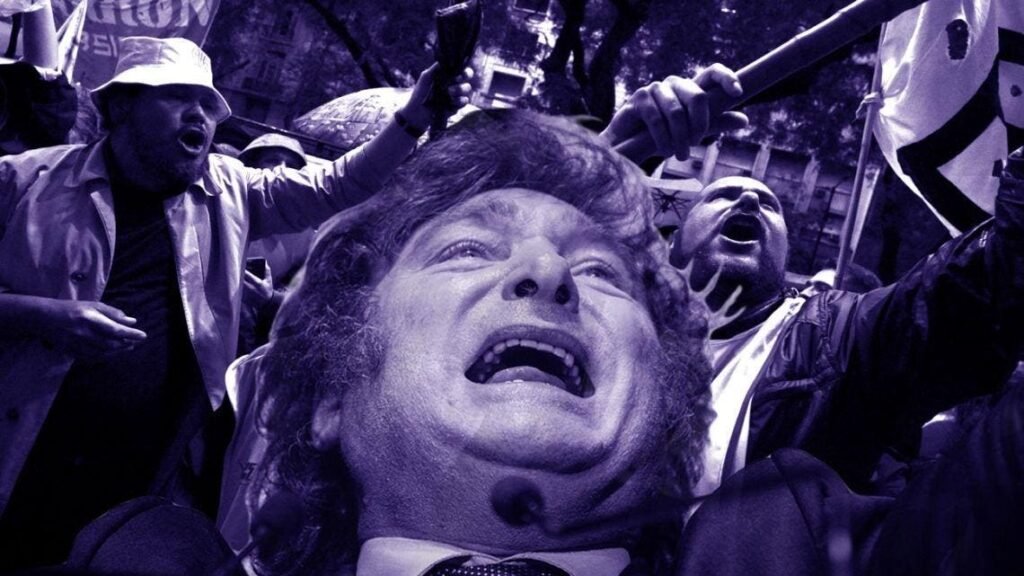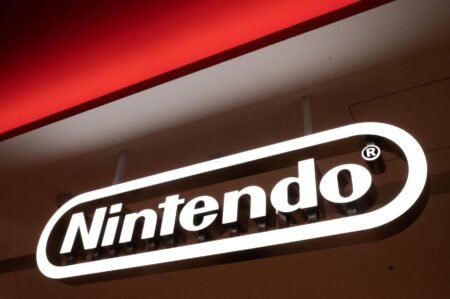The political landscape in Argentina has experienced a seismic shift with the rise of Javier Milei, a self-proclaimed anarcho-capitalist president who has garnered significant popularity despite his unorthodox governing style. Milei’s aggressive austerity measures and divisive rhetoric have polarized the country, leading to political defeats and economic challenges. Despite this, Milei remains one of the most popular politicians in Argentina, with continued support from his base. However, there are growing concerns of an impending upheaval, reminiscent of the 2001 economic crisis, if the government fails to address rising unemployment and falling wages.
Jaime Durán Barba, a prominent political advisor, has warned of the potential for social unrest if the government does not take action to reverse the negative trends in the country. While Milei’s disruptive style was effective during the campaign, it may not be sustainable in the long run as dissatisfaction grows among the population. Durán Barba suggests that the president needs to focus on tangible accomplishments and common goals that appeal to a broader section of the electorate, rather than relying solely on negative rhetoric and synthetic power to maintain support.
Despite Milei’s attempts to control the narrative and keep his supporters engaged, there is a growing sense of disillusionment among the population. The president’s combative approach and unwillingness to negotiate or compromise with political opponents have hindered his ability to build broader support. To achieve long-term stability and success, Milei must consider adopting a more conciliatory strategy that involves collaboration and concession.
The political climate in Argentina remains volatile, with the potential for significant unrest if the government fails to address the pressing economic and social issues facing the country. Milei’s popularity may be at risk if he does not take decisive action to improve the lives of ordinary citizens and address their concerns. As the country teeters on the brink of upheaval, the future of Milei’s presidency hangs in the balance, with the need for a more inclusive and collaborative approach becoming increasingly apparent.
As Argentina navigates these uncertain times, it remains to be seen whether Milei will be able to successfully lead the country through the challenges ahead. The president’s ability to adapt his governing style and address the concerns of the wider population will be crucial in determining the future trajectory of his administration. With the specter of social unrest looming large, the stakes are high for Milei and his government as they seek to navigate the complexities of governing a country in crisis.











